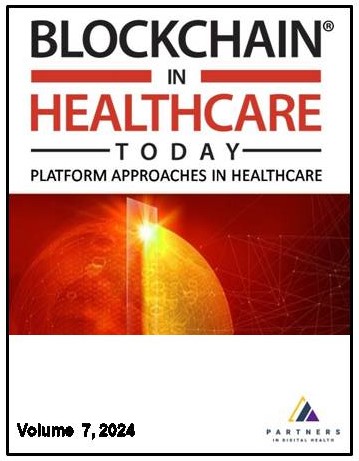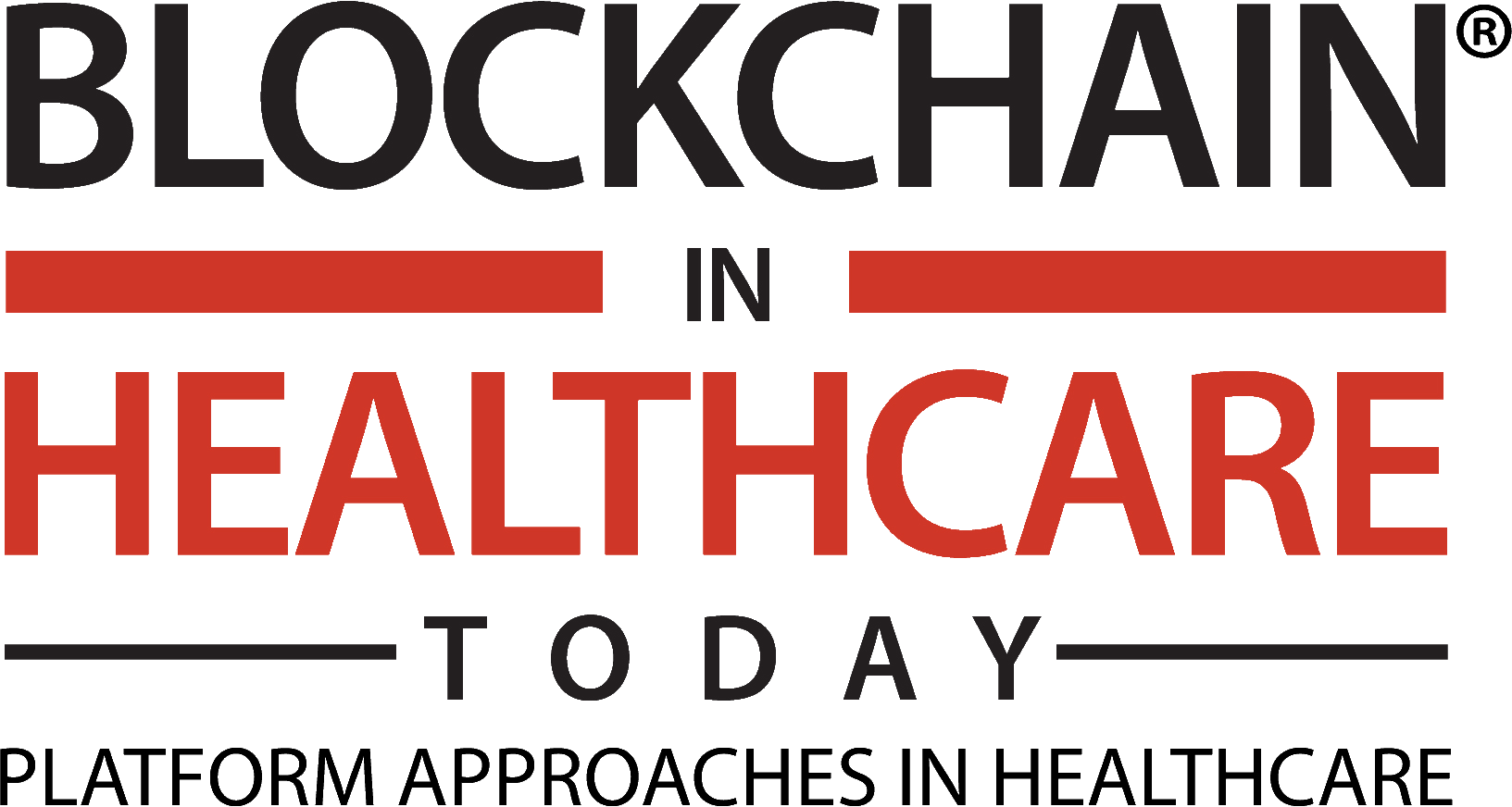
Additional files
More articles from Volume 5, Issue 2, 2022
Technical Design and Development of a Self-Sovereign Identity Management Platform for Patient-Centric Healthcare Using Blockchain Technology
Clinical, Organizational and Regulatory, and Ethical and Social
Health Datasets as Assets: Blockchain-Based Valuation and Transaction Methods
Securing the Chain of Custody and Integrity of Data in a Global North-South Partnership to Monitor the Quality of Essential Medicines
Applicability of Blockchain-Based Implementation for Risk Management in Healthcare Projects
Article views
Citations

0
Applicability of Blockchain-Based Implementation for Risk Management in Healthcare Projects
 ,
,

Abstract
Hospitals provide diverse tasks essential for the delivery of patient care and are comprised of many functional units. This makes healthcare construction projects highly complex among other types of building projects due to the specific regulations, multiple functions it must provide, complicated mechanical and electrical systems, and so on. This complexity embodies potential risk events during its construction, which not only influences the completion of the project but can impact the patients’ safety and health conditions even after the project is finished. To prevent such outcomes, risk management is a crucial process that can identify, evaluate, and properly mitigate risks along the project lifecycle. A key aspect of risk management is that it requires the interaction and contribution from multiple stakeholders of the project. Various frameworks and tools that enable collaborative management of risks among multiple stakeholders have been developed in the past. However, the developed frameworks are not suitable in the sense that it does not protect the confidentiality of individual inputs from the stakeholders. Moreover, these frameworks are centralized systems, which can bring issues related to the security and transparency of the information that is being stored. Blockchain technology is an emergent distributed ledger technology (DLT) that can provide solutions to the listed problems found in centralized systems. It is a novel system that records information on a decentralized, distributed ledger, where transactions are constantly duplicated and updated. This study explores the applicability of blockchain technology for healthcare risk management. The key functional elements of blockchain that can resolve the challenges faced by prior risk management frameworks have been identified and discussed. Based on the discussions, a conceptual information management model for managing healthcare project risks on a blockchain has been conceived. The development of the initial prototype has been explained. The research illustrates the process, benefits, and limitations of adopting blockchain technology for collaborative risk management in healthcare projects.
Keywords
References
Citation
Copyright
This is an open access article distributed under the Creative Commons Attribution License which permits unrestricted use, distribution, and reproduction in any medium, provided the original work is properly cited.
Article metrics
The statements, opinions and data contained in the journal are solely those of the individual authors and contributors and not of the publisher and the editor(s). We stay neutral with regard to jurisdictional claims in published maps and institutional affiliations.

